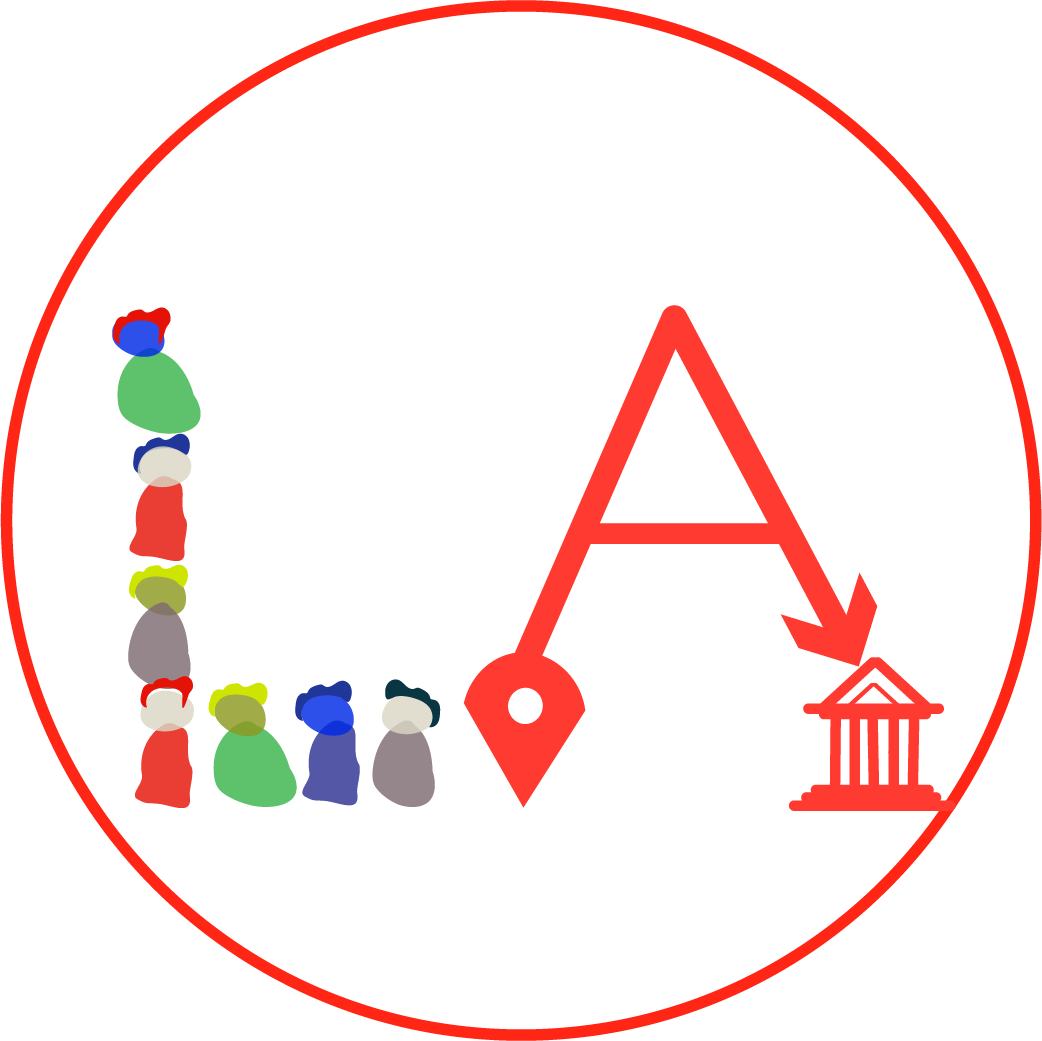The rurAllure project, running 2021 – 2023, is an EU-funded project, that aims to enrich pilgrimage experiences with rural heritage, converting lesser-known heritage sites into tourist destinations and creating economic activity and cultural preservation opportunities. Utilising the flow of people on nearby pilgrimage routes in rural environments across Europe to boost cultural heritage. The project proposes a network of cultural institutions, including museums, libraries, natural heritage sites, and civil associations, to collaborate in creating multimedia content and promoting visiting these places.
Project Pilots
The project’s pilot studies are centred around four key themes:
-
Literary heritage on the ways to Santiago de Compostela: A pilot program designed to enrich pilgrims’ experiences with stories and insights into the literary heritage of Santiago de Compostela focuses on the cultural and literary significance of the path.
-
Thermal heritage and others on the ways to Rome: The pilot explores the thermal heritage and other unique cultural aspects along the routes to Rome, giving pilgrims a comprehensive understanding of the history and culture of the region.
-
Ethnographic heritage on the ways to Trondheim: A pilot project that highlights the cultural practices, traditions, and lifestyles of the people along Trondheim’s routes aims to highlight the ethnographic heritage of the area.
-
Natural heritage on the ways to Csíksomlyó: Using the natural beauty and biodiversity of the region as its backdrop, this pilot project highlights the natural heritage sites along the routes to Csksomlyó and encourages pilgrims to experience, appreciate, and appreciate nature.
Pilgrims’ Portal & App
An online platform and mobile apps are used to provide pilgrims with a seamless presentation of the heritage of the regions they travel through while facilitating the discovery of interesting resources, transportation, accommodations, and dining opportunities. As a result of this platform, cultural, economic, and political agents can advertise their services online, which primarily targets pilgrims who might otherwise overlook these assets because of a lack of awareness.
Key features of the RurAllure platform include:
Mobile Application: showcases the history of the areas visited in a unified fashion. It provides features for finding experiences and resources, makes travel plans easier, and aids in locating acceptable lodging and food options in rural areas.
Personalized Daily Plans: By entering their preferred topics, dates, and starting and ending locations, users can design a customized daily schedule. Users can add additional content, save their plan, and share it with others. The system creates a comprehensive plan that is broken down into hours and days. With the help of this function, pilgrims can customize their journey to fit their interests and tastes.
Participating in local events: The platform also includes recommended plans for pilgrims to participate in local events, enriching their cultural immersion further.
Our Take
As a whole, RurAllure provides pilgrims traveling through rural Europe with a comprehensive and personalized experience through its technological platform. Moreover, designed to engage pilgrims with the local communities, identities, and cultures of the rural areas surrounding the pilgrimage routes, the pilots aim to produce meaningful cultural products and narratives that change pilgrims from passive observers to active participants in the shared history and living heritage of Europe.
I want to learn more:
download for Android
Literary Heritage on the Ways to Santiago
Thermal Heritage and others on the Ways to Rome
Ethnographic Heritage on the ways to Trondheim
Natural Heritage on the ways to Csíksomlyó
download for IOS
Literary Heritage on the Ways to Santiago
Thermal Heritage and others on the Ways to Rome

